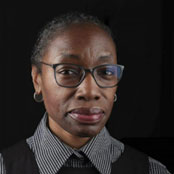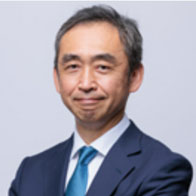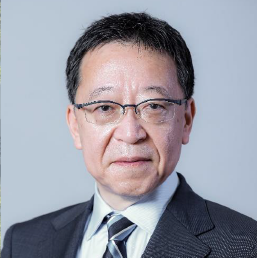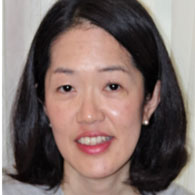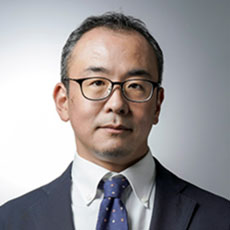Dr. Comfort Ero was appointed Crisis Group’s President & CEO in December 2021. She joined the organisation as West Africa Project Director in 2001 and rose to become Africa Program Director and then, in January 2021, Interim Vice President.
Dr. Ero has spent her entire career working on or in conflict-affected countries. In between her two tenures at Crisis Group, she served as Deputy Africa Program Director for the International Centre for Transitional Justice (2008-2010) and, prior to that, Political Affairs Officer and Policy Advisor to the Special Representative of the Secretary-General, UN Mission in Liberia (2004-2007). She has a PhD from the London School of Economics, University of London. Dr. Ero sits on various boards and advisory bodies.
Areas of expertise: Conflict prevention, management and resolution, mediation, peacekeeping, transitional justice, politics and international relations of Africa.
For details, visit: https://www.crisisgroup.org/who-we-are/people/comfort-ero
Dr. Comfort Ero
President, International Crisis Group (ICG)
